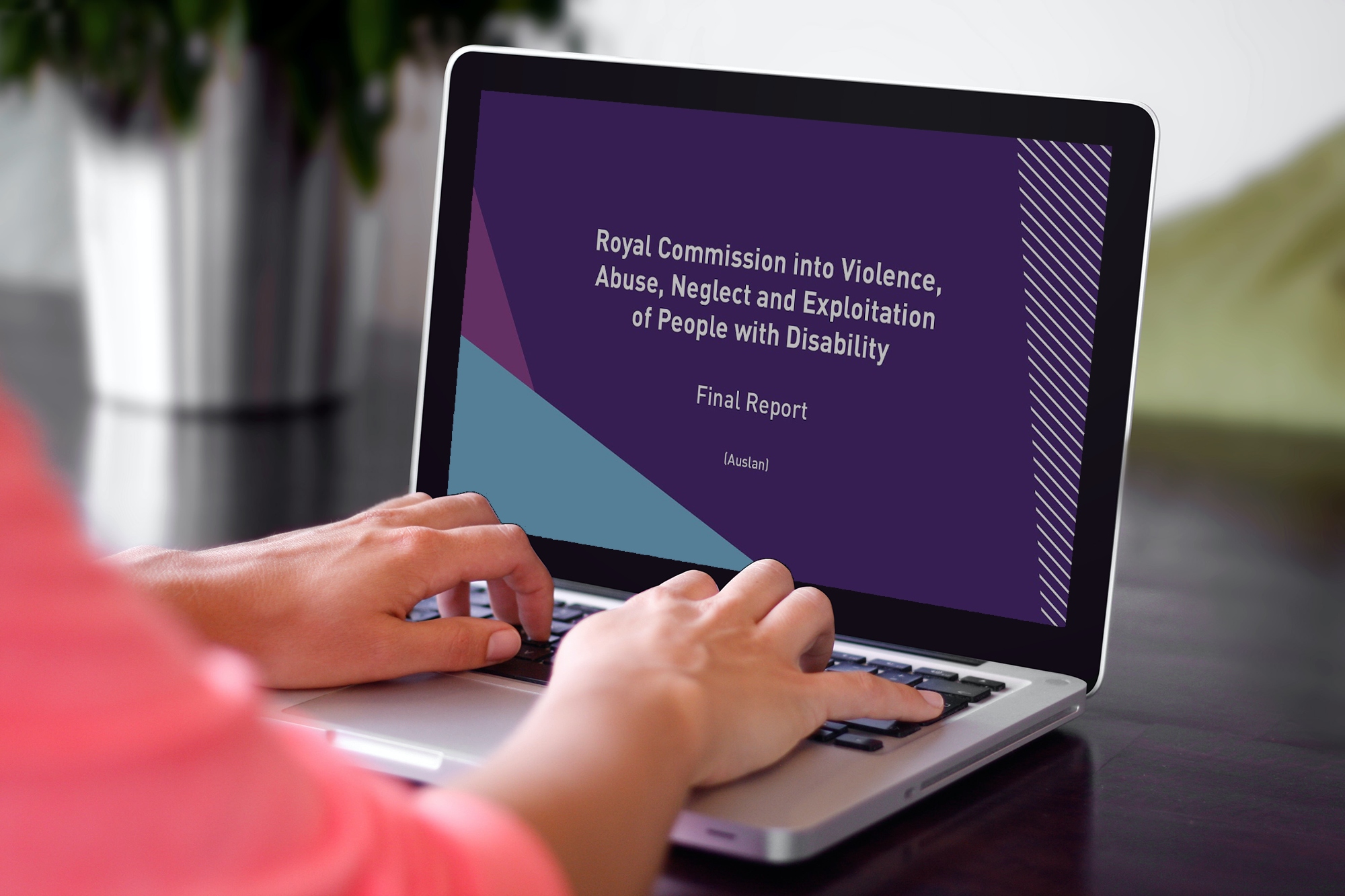What is an assessment contact?
An assessment contact is a regulatory activity conducted by the Aged Care Quality Commission to monitor the quality of care provided by an Aged Care service. It includes any contact between a regulatory official and a provider of aged care services that is not a site audit, review audit or a quality review. It can take the form of phone discussions, emails or a visit to the site.
The purpose of an assessment contact is for the Commission to gain a greater understanding of the provider’s performance against the Quality Standards, and identify which providers need additional assistance in meeting the standards.
There are two types of assessment contact; announced and unannounced. Even for announced assessments there is no minimum timeframe for notice that the Commission must give before undertaking the assessment.
Focus of unannounced assessment contacts
The focus of unannounced assessment contacts will be determined by the Commission’s consideration of:
- areas of risk identified for the service;
- areas previously notified for improvement and subject to a timetable for improvement;
- requirements of the Quality Standards that have high prevalence of non-compliance across the sector;
- current sector-wide strategies of the Commission such as a focus on infection control; and
- other relevant information provided to the Commission.
Focus for September Quarter 2019
For the period of 1 July 2019 to 1 September 2019, the Commission has announced that assessment contacts will focus on:
- Standard 1 – Consumer dignity and choice; and/or
- Standard 6 – Feedback and complaints.
How to be prepared for an assessment contact
The Commission has advised that its assessors will include the following questions in their interview with the person in charge of the service:
- Have there been any adverse findings by another regulatory agency or oversight body in the last 12 months? (e.g. Healthcare complaints commission or similar, Food safety authority, Workcover, etc).
- What trends do your complaints data show you?
- How many consumers are receiving pressure area care
- Have there been any medication incidents in the past 6 months where a consumer required hospitalisation or attention by a medical officer?
- How many consumers have had falls and required medical attention in the past 3 months?
- How many consumers at the service are currently receiving psychotropic medications? (To be captured as a rate or percent of total consumers at the service.)
- How many consumers are restrained in order to manage risks to themselves or others at the service? (To be captured as a rate or percent of total consumers at the service.)
- Can you tell me about incidents in the past 6 months where a consumer or staff member has required medical attention as a result of challenging behaviour from a consumer?
There are other factors to consider, depending on the type of services you provide.
Home service providers
The Commission’s assessors will include the following questions in their interview with the person in charge of the service:
- Have there been any adverse findings by another regulatory agency or oversight body in the last 12 months? (e.g. HealthCare Complaints Commission or similar, Food safety authority, WorkCover, etc).
- What trends do your complaints data show you?
- Has the service had unfilled shifts in the last month?
- Does the service have specific strategies to help staff to provide care to people living with dementia? If so, what are these?
- Does the service have a process to identify and respond to changes in the condition of consumers? If so, what are these?
Residential aged care
The key areas of risk for residential aged care providers may include:
- Risk areas identified in previous assessments
- The use of restraints
- A single Quality Standard, or a number of requirements of one or more of the Quality Standards
- Risk areas which were identified at the entry meeting.
For providers delivering multiple services, the Commission may wish to conduct multiple assessment contacts at the same time.
Notifying consumers
If the Commission has requested a site visit, there may be a requirement to notify consumers of the upcoming visit. The Commission has developed posters in a range of different languages that the provider can use to notify consumers, click here for more information.
Further reading
For a more detailed outline of assessment contacts and what they may entail, see the Commission’s website.


